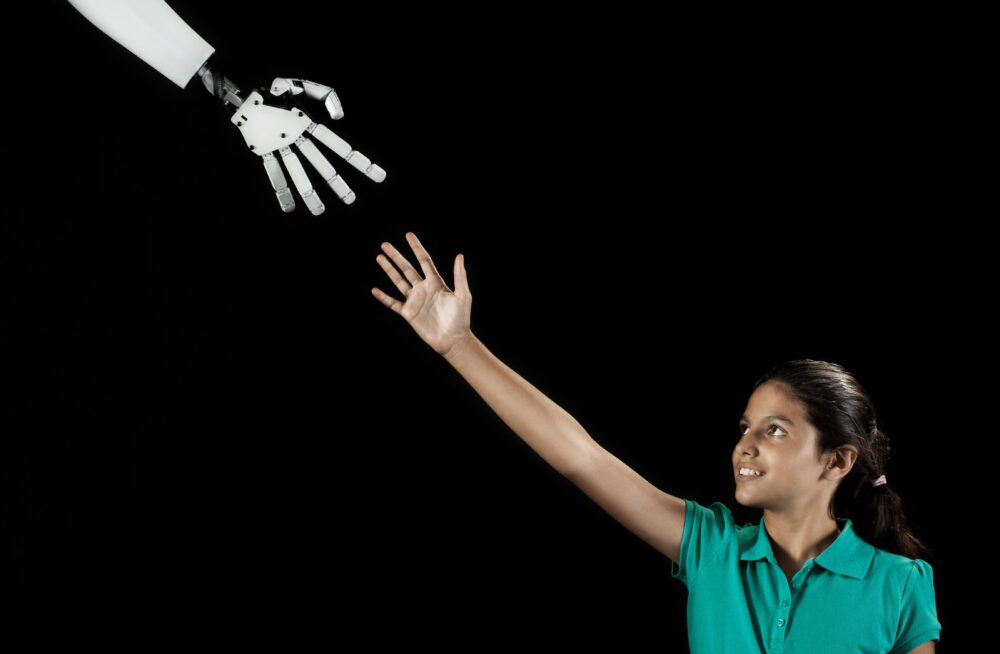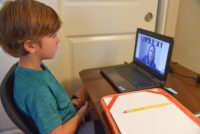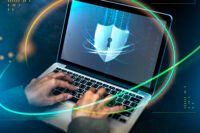In tomorrow’s workplace, robotics and AI literacy will become key differentiators for employability. However, are we preparing our youth to stay relevant in an Industry 4.0 world?
The UAE is on a path to transform its economy and its industrial base, and accelerate the digital transformation with an aim to match up to the fourth industrial revolution. The Operation 300bn aims to leverage the industry 4.0 parameters to boost its global competitive advantage and create a highly skilled specialised workforce capable of meeting the demands of the future.
The education sector in the UAE is moving fast to match up to this goal, with significant advancements in policy changes as well as infrastructure development to enable the education sector to prepare for the future of learning.
The beginning of this decade – especially during and following the COVID-19 pandemic – bore witness to the seamless adoption of latest technology across schools and universities, and like in many other countries advanced the journey towards Education 4.0.
While Education 1.0 involved the traditional ways of teaching and learning with technology forbidden in the classroom, the turn of the millennium, when teachers first started using technology such as smartboards and computers in the classroom, came to be defined as Education 2.0.
Though the current system, where the internet has become more commonplace, content more user-generated and students accessing content as well as learning through videos, blogs and podcasts on demand via the internet is being termed as Education 3.0, It can well be argued that we are also in a transition phase towards Education 4.0.
It is important for all the stakeholders to have a clear understanding of where we stand today and how we are placed to move forward in the years ahead.








